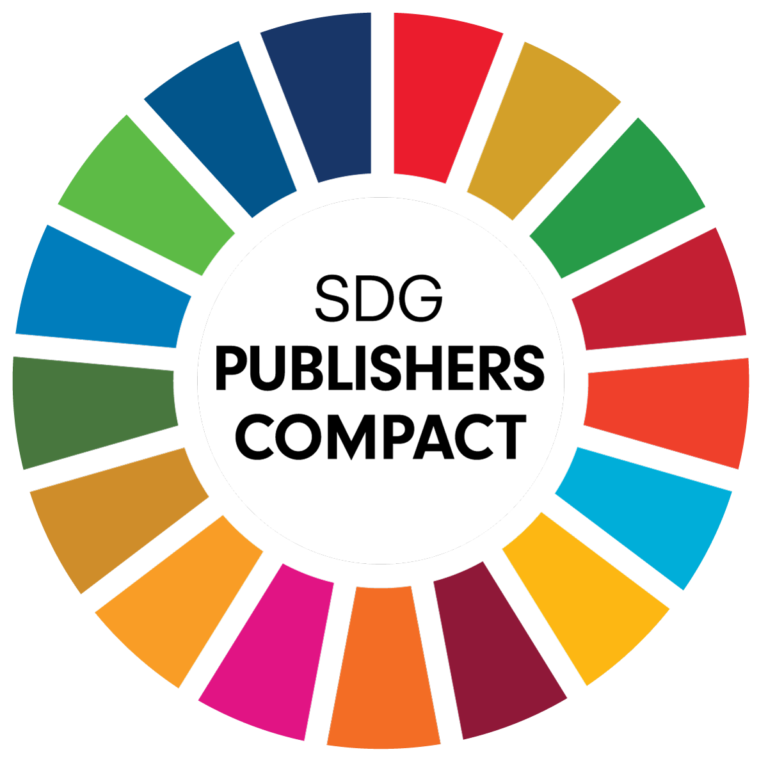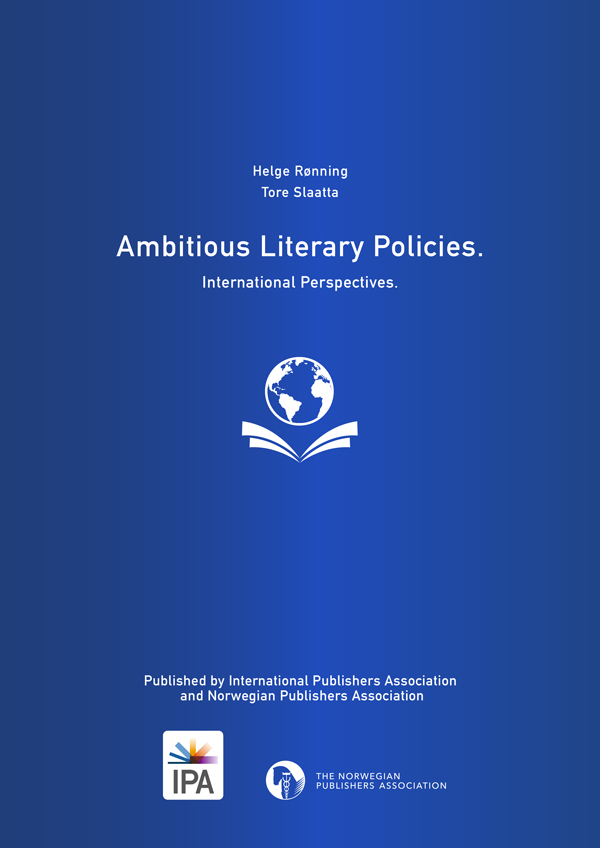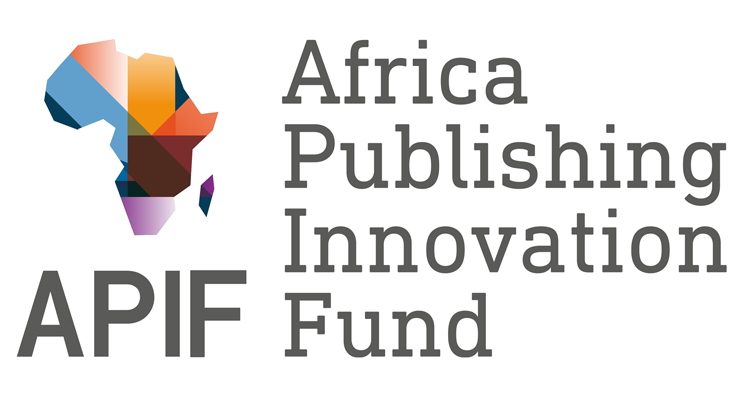IPA’s work focuses on two main pillars, the protection and promotion of copyright and the freedom to publish, as well as a range of other issues. This work is conducted by committees as described below.
Use this menu to scroll
IPA’s work focuses on two main pillars, the protection and promotion of copyright and the freedom to publish, as well as a range of other issues. This work is conducted by committees as described below.
The protection and promotion of copyright is one of IPA’s two main policy pillars.
The copyright framework is and always has been the foundation of the publishing industry. Enforceable exclusive rights are fundamental to incentivize authors, publishers, and other copyright owners to create, invest in, and make available to the public original and valuable works of authorship. Through these works, publishers drive inspiration, entertainment, education, and significantly contribute to both local and global economies.
IPA is an active accredited observer at United Nations organisations, including WIPO and UNESCO, and closely monitors the work of WTO.
IPA supports its Members in a number of ways: for example, in court litigation as amicus curiae in major court cases; by monitoring and informing members about important copyright developments; by making submissions to national or regional reviews of copyright-related legislation or regulations; by coordinating advocacy interventions; through the organisation of tailor-made copyright workshops, webinars and awareness-raising initiatives on the most topical copyright issues for the publishing industry.
The IPA’s Copyright Committee consists of nominated delegates from IPA members. It meets regularly throughout the year as a platform for information exchange and strategic discussions. The Copyright Committee’s Copyright Policy Working Group is a specialized group focused on strategic global copyright policy coordination.
IPA has worked on the intersection of copyright and artificial intelligence for a number of years. For a round up of IPA’s position on Generative AI and Copyright Policy, as well as links to webinars and events, see here.
International treaties establish the foundations of copyright, determining the minimum protection to be granted to copyrighted works by national laws. Through the principle of national treatment, these treaties secure equal protection under these laws for works of national and foreign creators.
The main copyright treaties of relevance for publishers are:
Piracy, the unauthorized use of copyrighted works, is a key concern for publishers. Book piracy, whether in print or digital form, costs publishers around the world billions in revenue annually. Effective enforcement mechanisms are crucial to secure publishers investments and have been a priority in IPA’s advocacy interventions to support modernized and robust copyright laws & policies.
IPA provides a platform for information exchange, regularly organizing awareness raising initiatives on enforcement related issues.
Access international organizations’ databases of treaties and national laws on intellectual property, including copyright:
One of IPA’s two policy pillars is the promotion of the freedom to publish. Freedom to publish is a fundamental subset of freedom of expression, and is a prerequisite for a thriving publishing industry, which is itself an essential part of a democratic society. Freedom of expression is embodied in many international treaties and declarations.
The IPA General Assembly elects the 9 members of the Freedom to Publish Committee to conduct the IPA’s work in this area in line with the IPA’s Freedom to Publish Manifesto.

Former Secretary General of the Egyptian Publishing Association.

Managing Director, World Expression Forum.

Seoul National University.

Legal Counsel and Director of European & International Affairs, Börsenverein des Deutschen Buchhandels
The IPA Prix Voltaire is an annual prize of CHF 10,000 for publishers who put themselves at risk to promote and defend the freedom to publish. It is named after the French philosopher and writer François-Marie Arouet (penname Voltaire), who lived for many years in Geneva and its environs while promoting tolerance and free expression before the terms were in general use.
Nominations for the 2026 IPA Prix Voltaire are open until 22 February 2025 (call for nominations online form/ word document download to email to prix-voltaire@internationalpublishers.org). The laureates will be announced at the 35th International Publishers Congress on 6 July 2026 in Kuala Lumpur, Malaysia.
The IPA Prix Voltaire is possible thanks to generous contributions from the following sponsors:
To find out how you or your organization can support the IPA Prix Voltaire (brochure available in English and French) please contact prix-voltaire@internationalpublishers.org
Periodically, the IPA Freedom to Publish Committee may confer the Prix Voltaire Special Award, a posthumous honour for individuals who have died recently for exercising their freedom of expression. The aim of the award is to give visibility to the laureate’s exceptional engagement for freedom of expression and expose how they were silenced.
Any IPA member may alert the FtPC to cases which they feel are worthy of a Special Award. FtPC members may nominate candidates for the Special Award. See criteria here.
The freedom to publish sits alongside the freedom of expression and the freedom to read as an essential trinity of freedoms. To recognize those from the broader book sector who strive to secure these freedoms for future generations, the IPA launched the Freedom of Expression Defenders Award in 2025.
Download the flyer with all the information about who can be nominated here.
Information on the first call for nominations to follow in November 2025.
The Inclusive Publishing and Literacy Committee is chaired by Michiel Kolman (Elsevier, Netherlands) and is made up of 5 sub-committees dealing with accessibility, literacy, diversity and inclusion, sustainability and IPA’s work on the UNESCO World Book Capital Cities Programme.

Senior Vice President, Elsevier.
Publishers value all readers, irrespective of how they access their works, and share the aspiration of those with visual and other impairments for full, simultaneous access to works on equal terms.
The IPA’s Accessibility sub-committee supports IPA members in exchanging best practices and sharing information on how to improve availability of books to visually impaired persons. It cooperates with organisations representing visually impaired persons, as well as rightsholders, collective licensing organisations, libraries and other institutions.
IPA is a founding member of the Accessible Books Consortium (ABC), a multi-stakeholder partnership convened by the World Intellectual Property Organization (WIPO) to accompany the implementation of the Marrakesh Treaty and increase the number of books worldwide in accessible formats, such as braille, audio and large print.
The IPA calls on all publishers to sign the Charter for Accessible Publishing to promote born-accessible production and ensure that everyone in our society has equal access.
· A starter kit for accessible publishing in developing and least developed countries (PDF);
· Accessible Publishing Best Practice Guidelines for Publishers;
· IPA Guide to the Marrakesh Treaty (also in Spanish).
Other tools and online training are available from the ABC website.
The ability to read and to write is fundamental to education and to full and meaningful social, political and cultural engagement. IPA supports literacy and reading initiatives which collaborate with publishers to promote literacy and reading in such a way that a sustainable local publishing industry can develop. Local publishers give local writers a voice and local readers, whatever their age, the reading material that reflects on their reality, their cultural context and their own way of life.
Diversity and inclusion is an increasingly important consideration in the book sector both in terms of the subject matter of books published andrecruitment within publishers. The Diversity and Inclusion Working Group seeks to exchange and promote best practices from individual publishers and publishers’ associations in the field of diversity, equity and inclusion (DEI).
Publishers have the opportunity to contribute to the UN’s Sustainable Development Goals both through the books they publish and the way they conduct themselves as businesses. IPA’s Sustainability Working Group leads the IPA’s work on the Sustainable Development Goals. The Committee meets to exchange experiences from different countries and regions and drive the international publishing sustainability dialogue.
The IPA’s SDG Dashboard shares examples of the great work publishers around the world are doing to contribute to the Sustainable Development Goals as well as providing information on the SDG Book Club and the SDG Publishers Compact.

Six years after the launching of the World Book and Copyright Day (23 April) in 1995, IPA had the idea, inspired by the successful experience of the city of Madrid, to nominate the best city programme aimed at promoting books during the period between one Book Day and the next.
UNESCO supported the initiative and every year convenes delegates from the International Publishers Association, the International Authors Forum (IAF), the European and International Booksellers Federation (EIBF) and the International Federation of Library Associations and Institutions (IFLA) to consider the applications. This Advisory Committee makes a shortlist of three candidates and recommends a winner to UNESCO’s Director-General.

One of publishing’s most important market sectors is education. The IPA supports this vital sector through our Educational Publishers Forum (EPF), chaired by Brian Gilsenan (C.J. Fallon, Ireland), which brings together professional educational publishers from around the world. The mission of educational publishers is to provide the learning resources that teachers need to best implement curricula, in ways that will lead to better learning outcomes. The EPF believes in three core principles to achieve this goal:
To do this, publishers need:
Download the pdf to learn more about how to become a member of the EPF.
Watch our video on the role of educational publishers. Available below in English, Spanish, Portuguese, and Arabic.
The IPA is committed to providing publishers’ associations around the world with analysis which they can use to promote the sector. The IPA’s Data and Statistics Committee, chaired by Pranav Gupta (Prints Publications, India), co-operates with the World Intellectual Property Organization (WIPO), and others to improve the availability of economic data on the sector as well as data on other aspects of publishing such as VAT-rates, use of the fixed book price system, diversity within the sector etc.
The IPA organizes the International Publishers Congress every two years in cooperation with the IPA member in the host country. The Congress offers an unrivalled platform for networking and discussion among the world’s publishers on industry challenges and opportunities. See our dedicated Congress site here.
IPA has also conducted regional seminars in the past attended by hundreds of publishers, policymakers, entrepreneurs and creative industry stakeholders with the common goal of showcasing publishing as an innovative, influential and universally beneficial force in a given region.

The International Publishers Association regularly produces reports on different aspects of the publishing industry.

Download the report
The International Sustainable Publishing and Industry Resilience (InSPIRe) Plan, undertaken by Bodour Al Qasimi (IPA President 2021-22), improved cooperation across the publishing spectrum.
The 2020 IPA report From Response to Recovery revealed appetite for greater cooperation across the book space. Organisations interested in such cooperation signed the InSPIRe Charter and following surveys, workshops and a symposium contributed to the report A Collective Commitment to a Sustainable, Resilient and Inclusive Future.
In May 2019 the IPA and UAE-based philanthropic organization Dubai Cares agreed to work together to support literacy, book access, indigenous publishing, and library restoration in Africa. The IPA created the Africa Publishing Innovation Fund to administer the USD 800,000 grant over three years.
